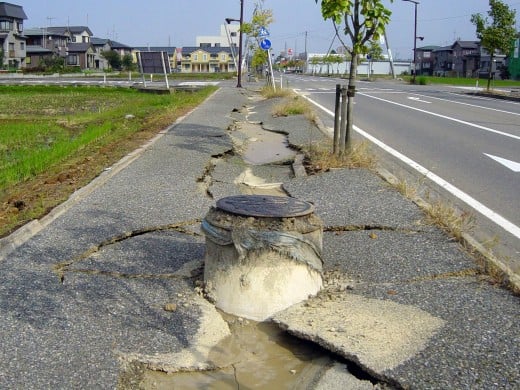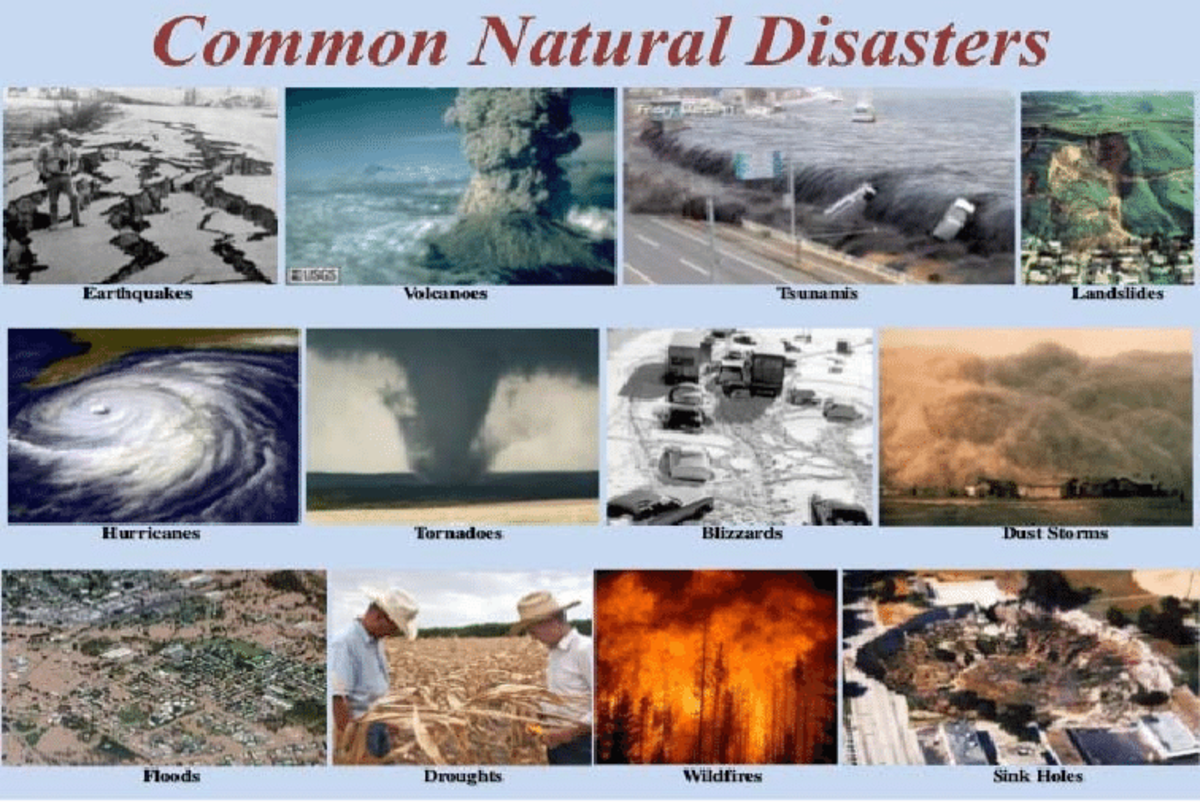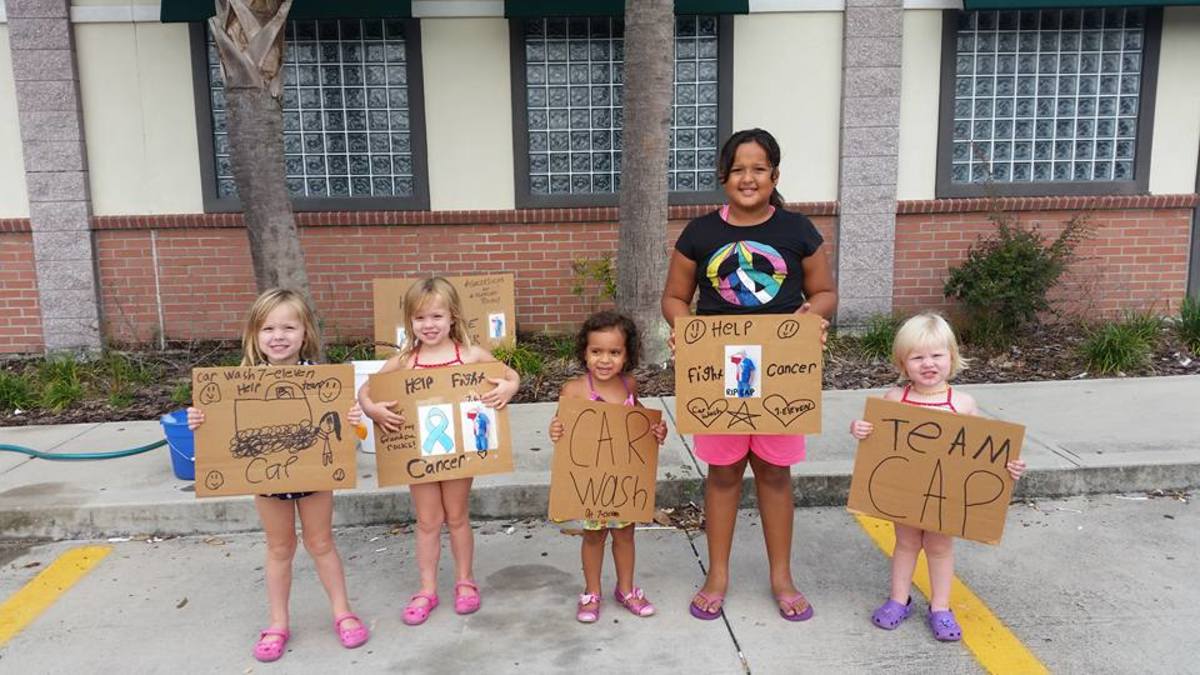How To Avoid Charity Scams for Disaster Relief

Give to Charity, But Think Before You Give
Any time there's a natural disaster like the earthquake in Japan or Haiti, the BP gulf oil spill or Hurricane Katrina, people want to help the victims of the disasters, and rush to open their pocket books. Technology makes it even easier to give money; you can make a charitable donation from your mobile phone with a simple text, you can hit a donate no button a charity website, you can drop your change in a container in the supermarket.
Natural disasters bring out the best in human nature, our empathy and generosity, and for some people, natural disasters also bring out the worst in people.
Unfortunately, there are unscrupulous people who will set up fake charities, fake fundraising campaigns, fake clothing drives or fake raffles or auctions. There were over 350 complaints about charity scams and fraudulent fundraising activity after the Haiti earthquake, and sadly, such reports are not uncommon after a natural disaster. The scammers are preying on people's natural and generous desire to help, and also on people's trusting natures. Add to the the mix the fact that there are so many charities out there, and it is hard sometimes to spot the phony in the bunch.


Tips to Follow Before You Give Money To Disaster Relief
If you are moved to make a donation when you learn of a natural disaster, obviously you want to be sure that your money goes to the affected people and the intended cause.
Here are some easy to follow guidelines to consider before you make a charitable donation to a Japan earthquake relief fund, to Haiti or to tsunami victims.
- Be extra careful when you give online. It's easy to create a fake website that looks legitimate, and spammers are expert at formulating email appeals that look like they come from a real charity. Check with Charity Navigator, Guidestar or the Better Business Bureau Wise Giving Alliance to first make sure that the solicitation has come from a legitimate organization.
- Learn about the charity's expertise in the affected region. Does it have an on-the-ground presence? A charity that wasn't active in Japan prior to the 8.9 magnitude earthquake probably isn't the best choice of who will provide the best assistance with your donation.
- Is the charity a relief organization or a fundraiser? Are your giving to the Red Cross or to a group that is raising money for and funneling funds to the Red Cross? If it is a fundraiser rather than a relief and services provider, why not give money directly to the services provider? More of your donation will actually go to the disaster victims if you don't donate through a middleman.
- Don't believe claims that 100% of your donation will go directly to aid victims. Think about it. Any organization that provides relief to disaster victims, from the Red Cross to Habitat for Humanity to Save the Children, that organization has fixed infrastructure costs related to providing that aid. There are staff members to pay, supplies to buy and then transport to the affected region, caps and aid stations to set up and so on. Also, it costs money to raise money.
- Know what your texted donation entails. Some organizations charge an additional texting fee on top of the donation, or set up the "donation" to be a recurring gift which may be more than you wanted to contribute to a given disaster relief effort. And some charities use a current disaster in one part of the world as the hook to raise money, but that money will actually be spent elsewhere. It could be spent on a worthy, charitable cause, but it won't be the cause you thought you were supporting. Be sure you know exactly how much you are authorizing to give, whether your service provider will charge you for the text, and if the organization to which you are texting the donation is legitimate.
- Evaluate the performance and reputation of any charity you support. Some nonprofits are better than others, especially in a disaster relief situation. The good news is that there are a lot of online sources to evaluate whether a nonprofit is trustworthy. Among the best resources are: Guidestar.org, CharityNavigator.org, the Better Business Bureau Wise Giving Alliance at www.give.org, Philanthropedia.org, are among the largest independent charity evaluators.
- Be cautious of giving to door-to-door fundraisers or people doing a community fundraising drive. Most of these spontaneous fundraising efforts or clothing drives are probably legitimate, but these are an easy target for scam artists looking to make a quick buck.
- Also be cautious if you receive an email solicitation from a charity like the Red Cross. Any time someone asks you outright for money, especially if it is not a group that you have supported in the past and already have an existing relationship with, be suspicious. If the email solicitation appeals to you, if it is supposedly from the Red Cross or Mercy Corps, say, then call that charity directly to make your contribution.
- Do not open email attachments that claim to have disaster images. We all are drawn to these scenes of horror, but when they come to you from an unknown sender, they could contain a computer virus.






